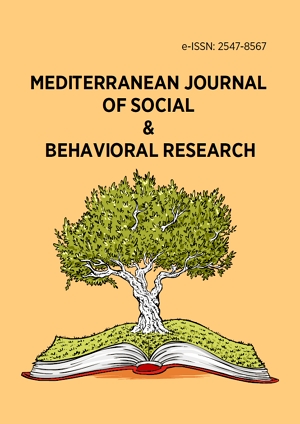Abstract
Humor is a communicative tool employed by a person to amuse others. Numerous research have been conducted on how humor is used in deflating tension in romantic relationships, but little to no research has been done on the study in the Ghanaian context. Using relief theory of humor, the researcher studied 20 married couples (10 males and 10 females) within and around the Univesity of Cape Coast: 10 males and 10 females respectively were interviewed using a semi-structured interview guide. Based on the data analyzed, the researcher identified that humor function aids in the expression of a message that will otherwise be difficult to convey. This suggestion affirms that despite the presence of tension in marriage, humor always helps in calming nerves by reducing the tension.
Keywords
License
This is an open access article distributed under the Creative Commons Attribution License which permits unrestricted use, distribution, and reproduction in any medium, provided the original work is properly cited.
Article Type: Research Article
MEDITERR J SOC BEH RES, Volume 7, Issue 2, June 2023, 103-111
https://doi.org/10.30935/mjosbr/13076
Publication date: 01 May 2023
Online publication date: 14 Mar 2023
Article Views: 2199
Article Downloads: 3752
Open Access References How to cite this article
 Full Text (PDF)
Full Text (PDF)